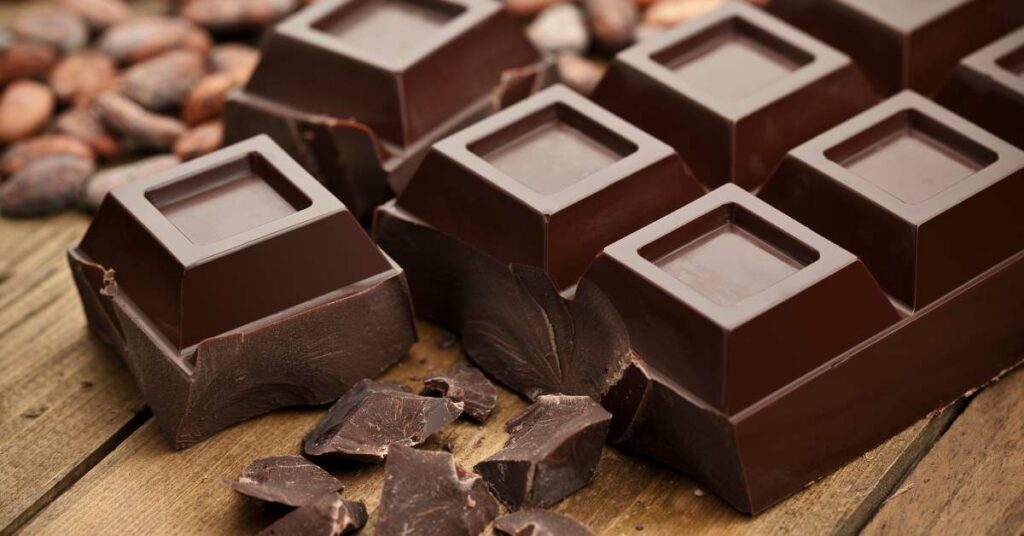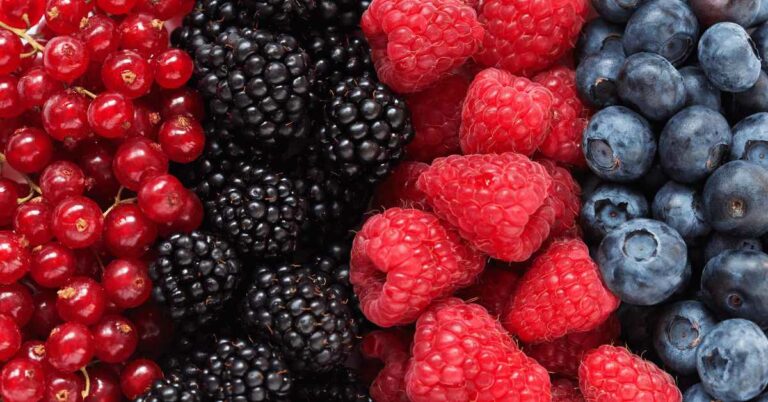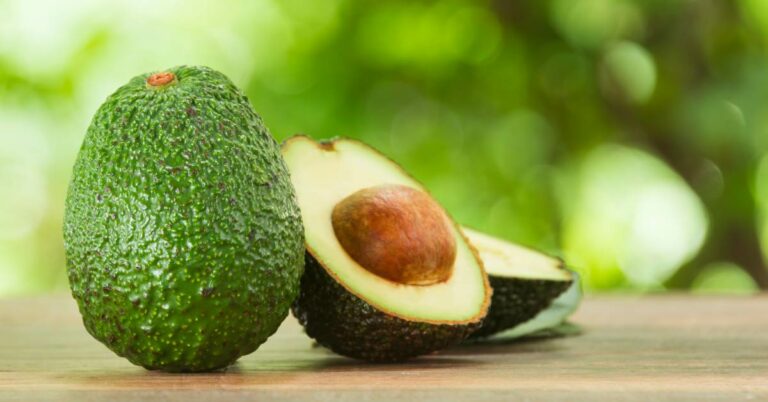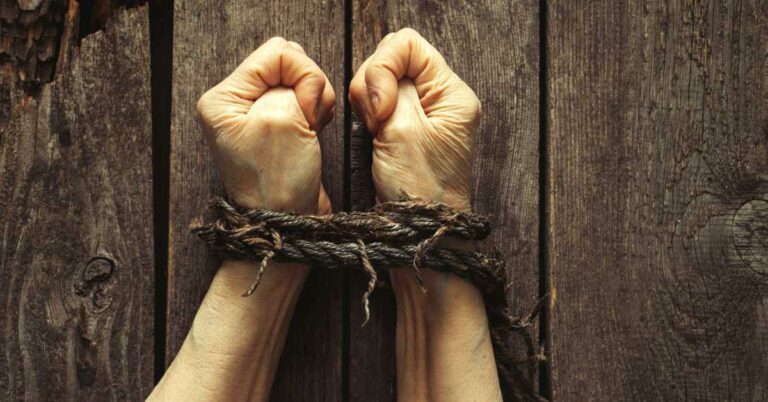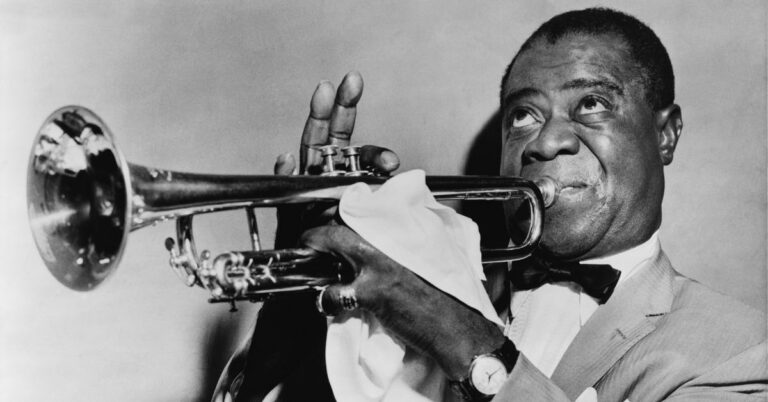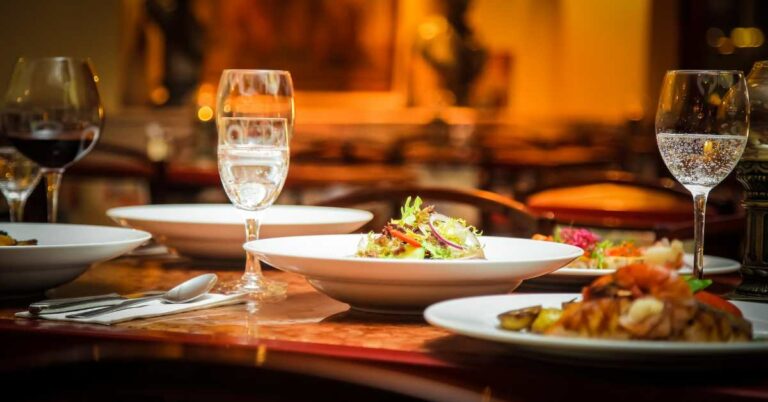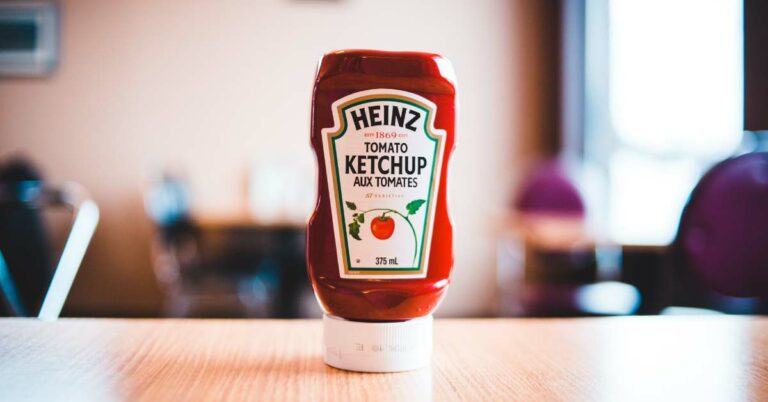Language often carries the fragrant aroma of history, and few words evoke the sensory delight quite like “chocolate.” Beyond its mouthwatering taste, the term “chocolate” weaves a tale of ancient civilizations, transcontinental trade, and the transformation of a beloved indulgence.
Cacao Chronicles: The Ancient Roots of “Chocolate”
The journey of “chocolate” begins in the heart of ancient Mesoamerica, where the cacao tree (Theobroma cacao) was revered by the Mayans and Aztecs. To these civilizations, cacao held a sacred significance, used in rituals, ceremonies, and as a beverage known as “xocolātl.” The term “xocolātl” encompassed both the drink and the cacao tree, and its roots reached deep into the languages of the past.
A Mesoamerican Legacy: From “Xocolātl” to “Chocolate”
The term “xocolātl” may seem far removed from our modern “chocolate,” but the evolution of the word mirrors the journey of cacao itself. As European explorers and colonizers encountered cacao during their encounters with Mesoamerican cultures, they adapted the term “xocolātl” to “chocolatl.” This adaptation laid the foundation for the term “chocolate” that we recognize today.
Conquest and Confectionery: Cacao’s Entry into Europe
The tantalizing taste of “chocolatl” captured the attention of Spanish conquistadors, who brought cacao beans back to Europe. However, the rich, bitter beverage did not immediately resonate with European palates. It was only when sugar was introduced as a sweetener that cacao’s potential as a delectable treat began to unfold.
From Spain to the World: The Emergence of “Chocolate”
The Spanish term “chocolate” found its way into languages across Europe, embracing subtle variations along the way. The transformation of cacao beans into a paste or solid form, combined with sugar and other flavorings, led to the creation of the chocolate we are familiar with today. The term “chocolate” thus came to represent not just a beverage but a range of indulgent confections.
Cultural Convergence: The Global Spread of “Chocolate”
As European powers established colonies and trade routes, “chocolate” journeyed across the world. It took on different forms and flavors as cultures across continents embraced and adapted it to their tastes. From hot chocolate beverages to solid bars, “chocolate” became an international symbol of comfort and celebration.
Modern Delights: The Word “Chocolate” Today
In the modern era, the term “chocolate” conjures images of sweetness, pleasure, and a touch of luxury. From classic milk chocolate to rich dark varieties and creative blends, “chocolate” offers an array of options to cater to diverse preferences. The word itself remains a testament to the intertwining histories of cultures and flavors.
In Conclusion: Savoring the Linguistic and Culinary Fusion
The etymology of “chocolate” is a journey that mirrors the transformation of cacao from a sacred Mesoamerican beverage to a global culinary treasure. From “xocolātl” to “chocolate,” the word carries with it the echoes of history, conquest, trade, and the universal love for a delectable treat. As we indulge in the delight of “chocolate,” we relish not only its taste but the stories it whispers from the annals of time.

